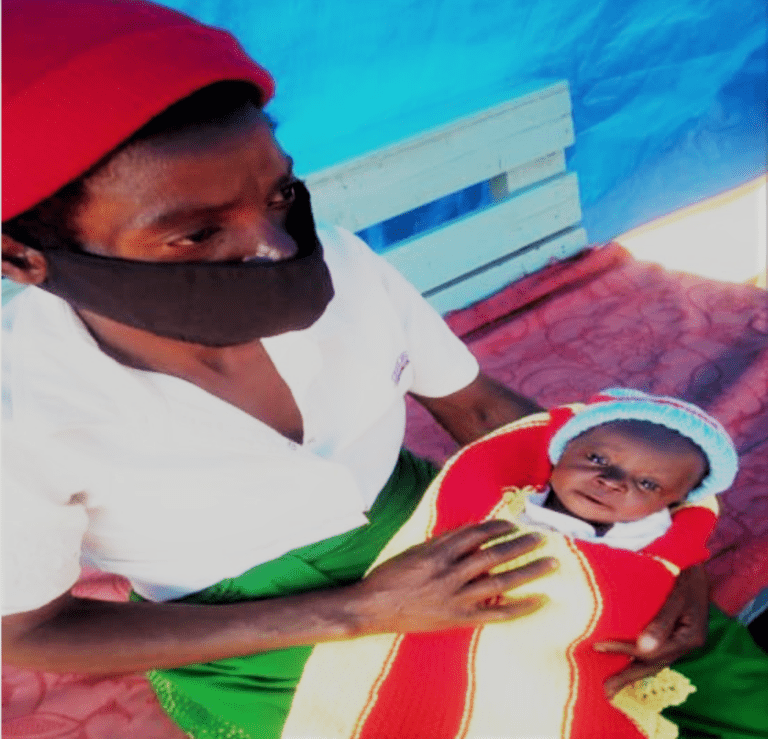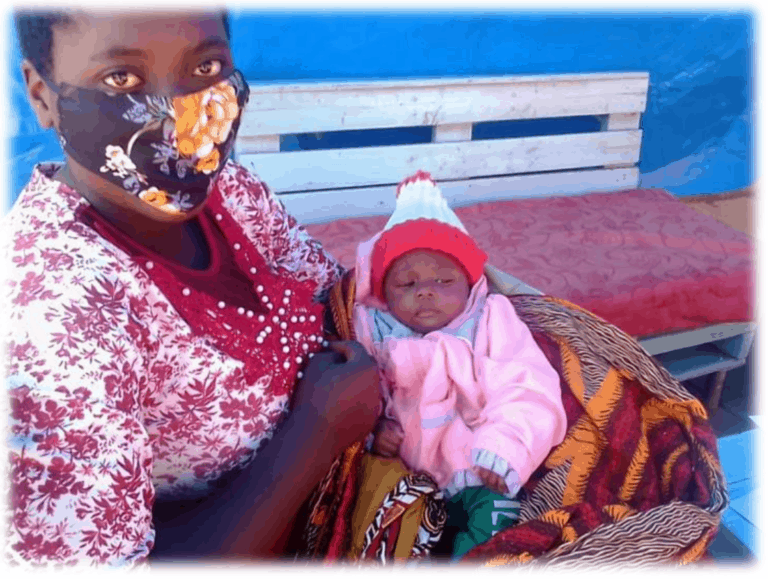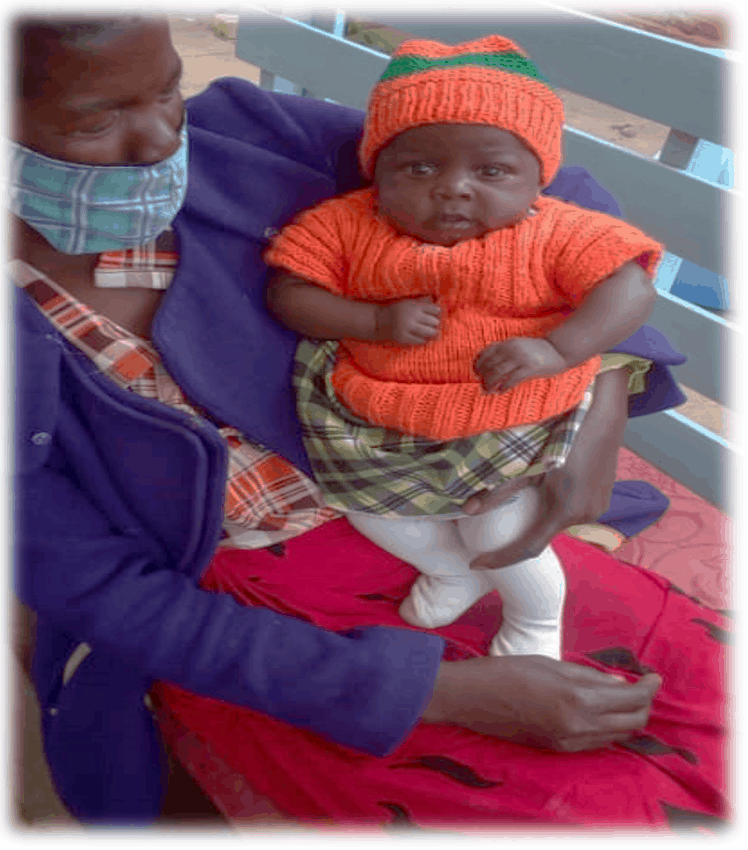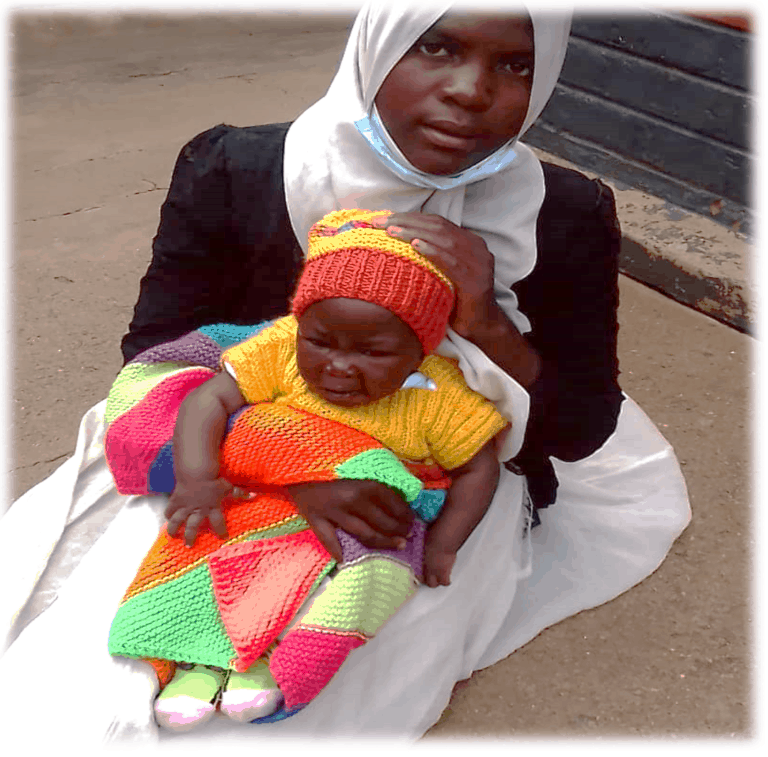December 2021
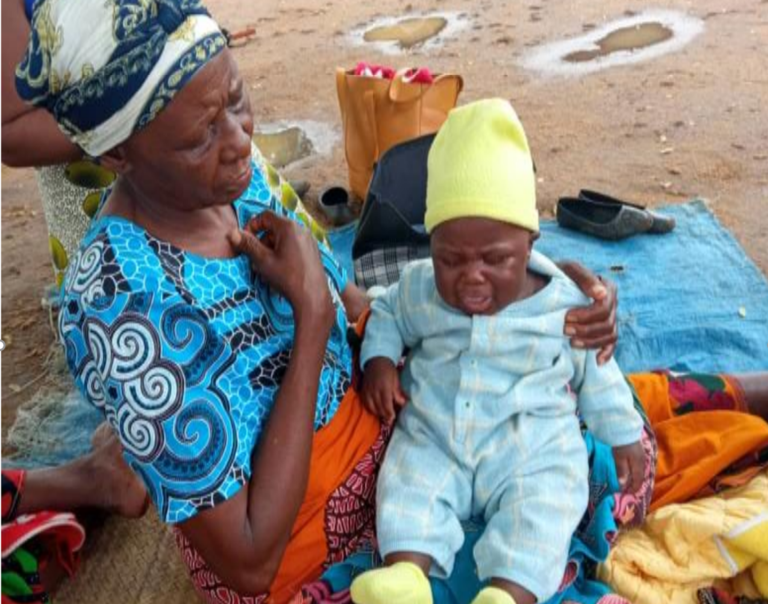
Nurses enrolled 11 babies and 3 women in need of support during December.
Read MoreDecember 2021
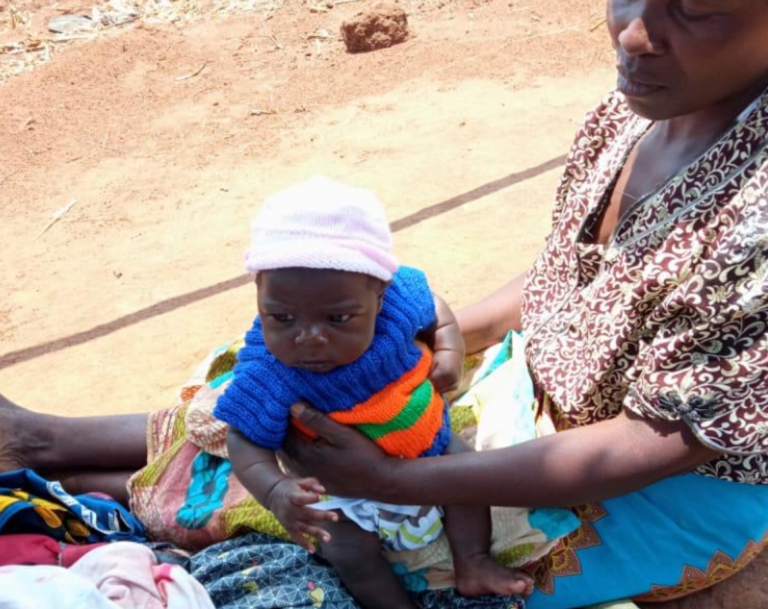
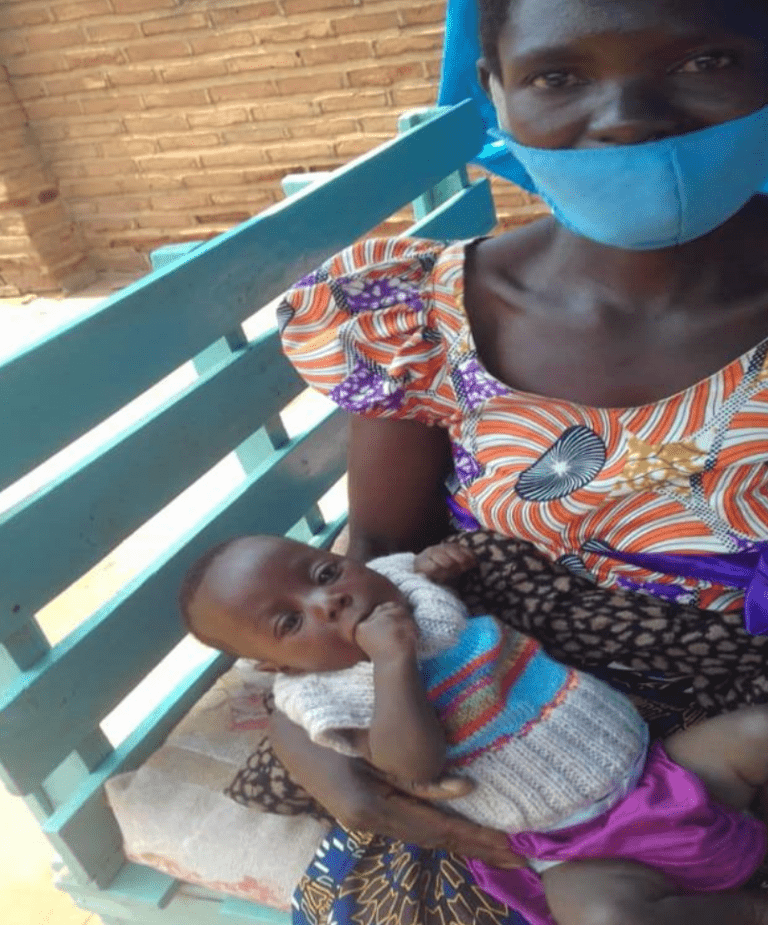
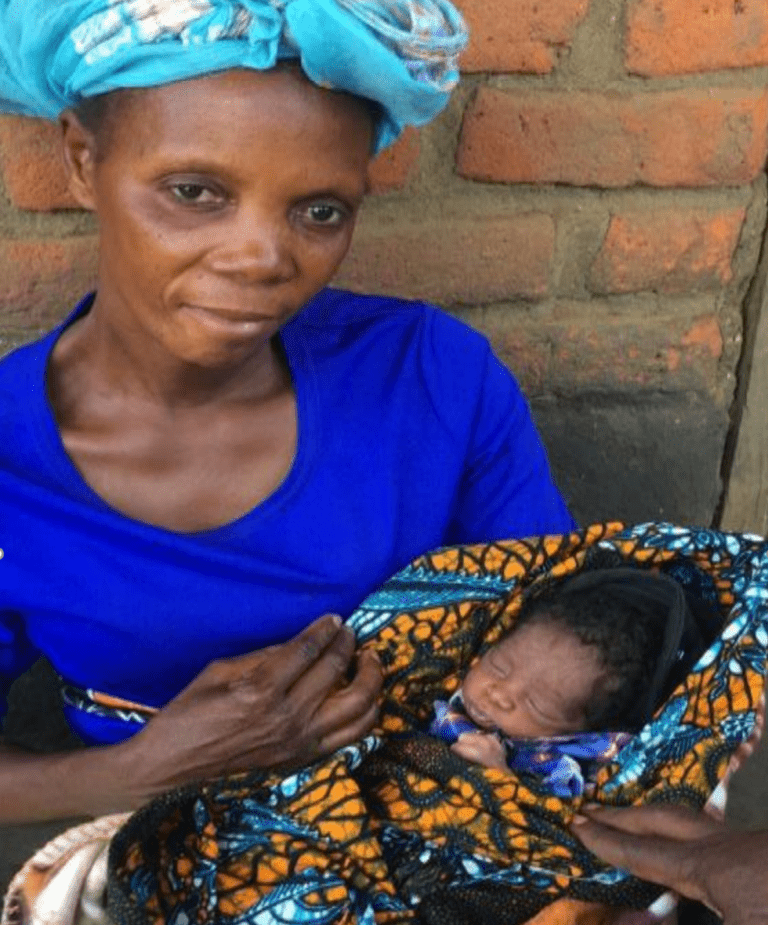
10 babies were enrolled (7 orphans and 3 whose mother critically ill in hospital). 147 babies were visited and 6 discharged. 243 babies are being followed 2 mothers were enrolled and one discharged. 23 women are being followed Mother Care…
